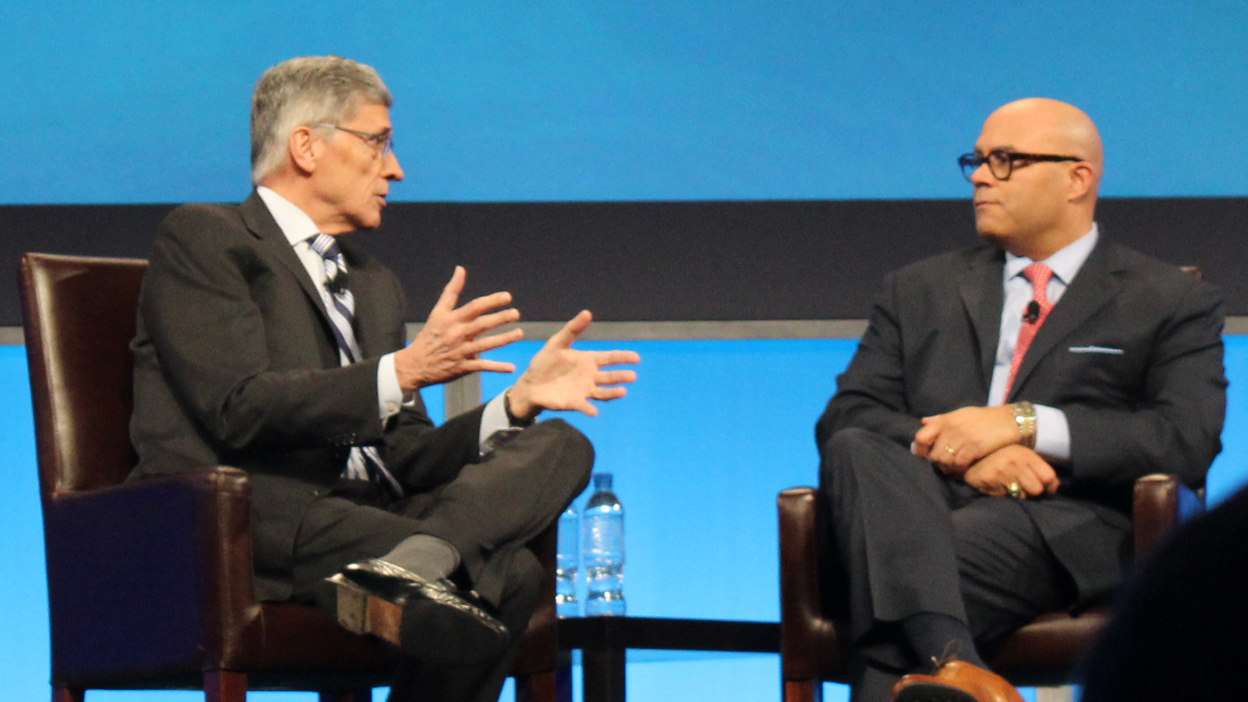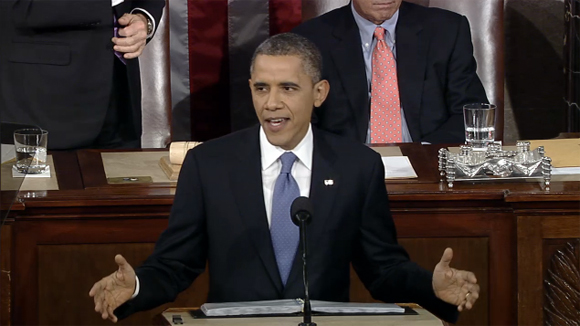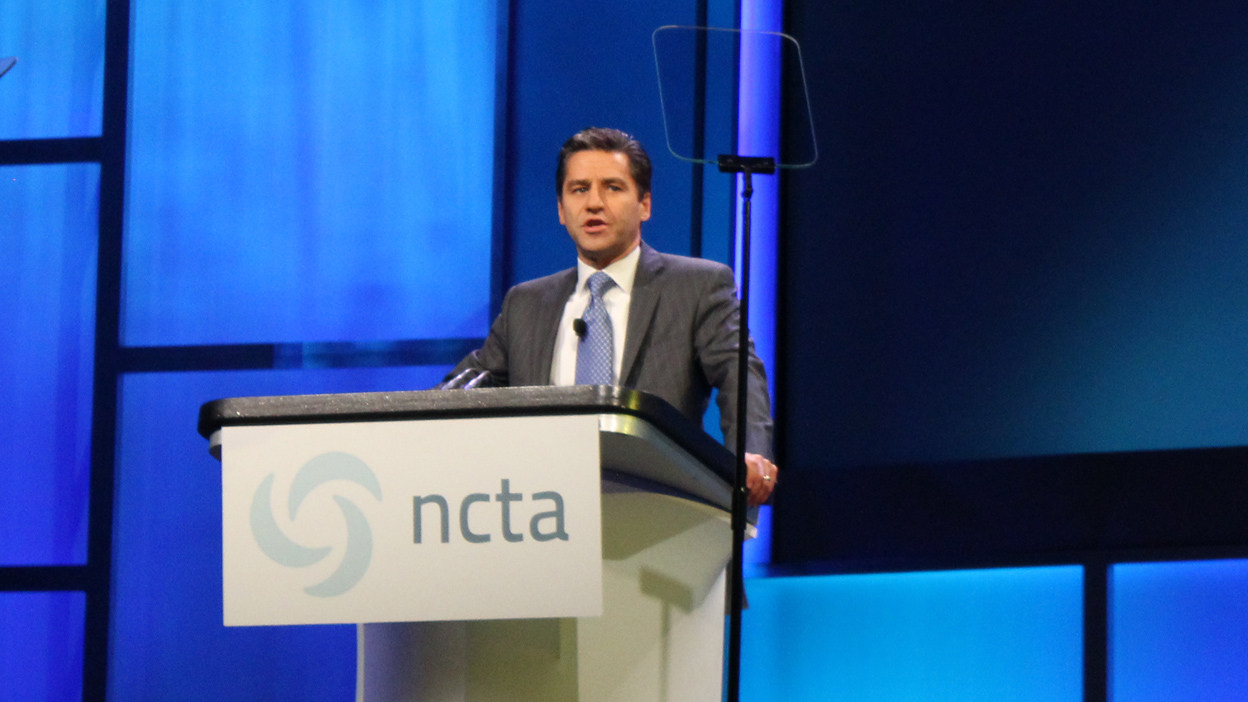What is net neutrality and why does it matter?
Net neutrality definition is changing in 2014 due to new rules
FCC Chairman and key politicians
The long resume of FCC Chairman Tom Wheeler makes him either the right man of the job or, according to his open internet critics, too deeply rooted in the cable industry to be effective.
It's actually a frightening little club they have going on there. Wheeler is a former lobbyist for both the cable and telecom industries, and now heads up the FCC to limit their power.

Who is the now the head lobbyist of the cable industry now? Former FCC Chairman Michael Powell. That's pretty incestual and invites plenty of of conspiracy theories, warranted or not.
The good news is that Chairman Wheeler has promised to prevent manipulation by the cable industry, and told the lobbyists he formerly led just that at The Cable Show 2014.
"If someone acts to divide the internet between haves and have nots, we will use every power in our disposal to stop it," he said at the conference last month.

Do "fast lanes" for content providers like Netflix divide the internet between haves and have nots? The FCC Chairman hasn't spelled out the specifics just yet.
President Obama has been an open internet advocate, but hasn't spoken publicly on the matter in several months.
Sign up for breaking news, reviews, opinion, top tech deals, and more.
A stronger Democrat on the issue is Minnesota Senator Al Franken. He has continued to advocate for net neutrality, calling it the "free speech issue of our time."
"Anyone who goes online to shop, promote their business, or simply to connect with the world should be worried," said Franken earlier this year. "A Minnesota small business should load as quickly as the website of a large corporation.
Who is harming net neutrality?
The open internet isn't seen as fair by everyone, especially people who roamed the Los Angeles Convention Center halls at the recent lobbyist-filled Cable Show 2014.
"Netflix wouldn't even exist if it wasn't for the cable industry who really developed from dial up internet service to building the best delivery system with the fastest speed and most capacity," said Jerald Kent, Chairman & CEO of Suddenlink Communications.
"There are a lot of companies that are in existence because we as an industry spent a lot of time and capital in building the internet business."

Time Warner CEO Robert Marcus likened Netflix to "Someone [who] came up with an interesting technique of aggregating and reselling other peoples' content over the cable infrastructure."
"They're actually existing on the infrastructure you built and the content we produced," said ESPN President and Disney Co-Chair John Skipper.
ISPs feel as though they're constantly improved this technology and it needs another source of income to create a better, faster connection to the internet.
There's a general feeling that Netflix offers the same services that cable providers have, and it's doing it at their expensive.
It also takes offense to the fact that Netflix is testing out streaming in 4K Ultra HD content when there are already issues with the service taking up so much internet bandwidth.
Where do we go from here?
FCC Chairman Wheeler has insisted that net neutrality isn't being gutted and reports that its principles are under attack are false.
However, in the same speech, he also called ISPs a threat to a real open internet. He realized that there's an incentive to for them to monopolize both broadband connects and its content.
Whether not not that happens depends on the FCC's course of action over the next few months. Today's vote on its proposal is open to public comment for the next 60 days and responses for 60 days after that.
Because the Verizon vs FCC decision ruled in favor of cable operators, the future of the free and open internet may come down to whether or not Wheeler is willing to take on his former cable lobbying constituents over the next 120 days.
